Focus
Your Present Location: HOME> Focus-
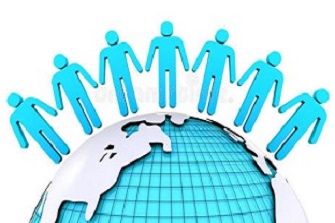
He Yafei: Global Governance Under Siege
Covid-19 has been wreaking havoc with global governance and globalization, upending the world and making it adrift in a sea of changes. Thomas Friedman suggested that the world may be divided into a before and after the watershed Covid-19 pandemic, quite succinctly summing up the huge impact the pandemic has brought to global governance system. In other words, we are witnessing the emergence of a new world where global governance - in particular public health governance, including crisis management - is in disarray.
2020-06-04 -
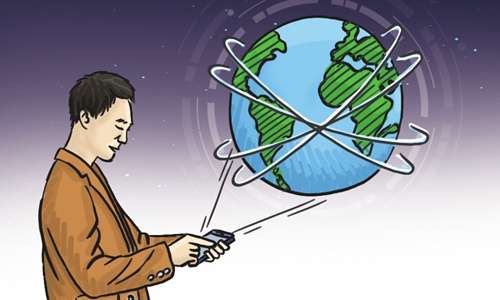
William Jones: New Signals from China Instill Confidence in the World
Despite the postponement from the normal time-frame in early March due to the novel coronavirus, China was able to hold the annual meetings of its legislature, the National People’s Congress (NPC), and its consultative body, the Chinese People’s Political Consultative Conference (CPPCC), at the end of May, as one of the first countries which have succeeded in getting back to something of a “new normal” after the coronavirus outbreak. The meetings give an opportunity for the government and legislators to chart the pathway forward after the major disruption caused by the epidemic.
2020-06-04 -
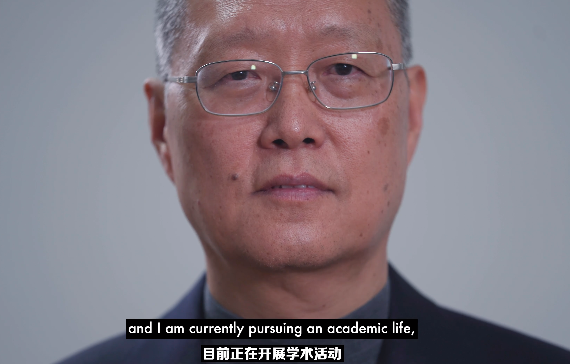
John Ross: Riot in Hong Kong will stop when rioters understand it is zero chance of success
John Ross, Former Director of Department of Economy and Business Policy in London and a senior fellow with the Chongyang Institute for Financial Studies at Renmin University of China, interviewd by LENS TV to share his opinion about unrest in Hongkong. There are two main opinion: First, the real political agenda of the leaders of the riots is a succession of Hong Kong which has zero chance of success; Seond, most big businesses in Hong Kong support the National Security Law and want to put an end to the rioting.
2020-06-04 -

Djoomart Otorbaev: Government operation styles will be different after the pandemic
Global re-orientation to online formats caused by the pandemic will continue and gets in an irreversible course in the post-pandemic era. What is effectively working online is unlikely to return offline. A significant part of the retail businesses will go online and stay there because consumers will be convinced that they can purchase without going physically to the shops. Our transition to the digital age has accelerated enormously. What would be realized in decades is happening in months.
2020-06-04 -
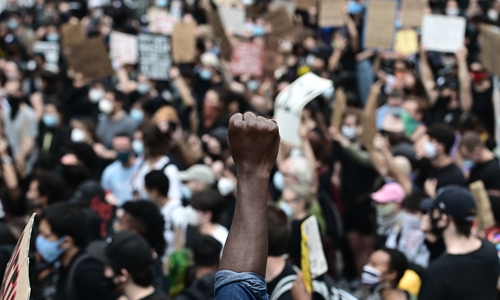
Zhao Minghao: Riots and COVID-19 serious US governing crises
US riots have further intensified as violent clashes have erupted in over 70 cities with more than 40 imposing curfews. This has taken place when the US is plagued by the spreading COVID-19 epidemic, a severe economic downturn and the highest unemployment rate in decades. With such catastrophes, the Trump administration is facing a "perfect storm."US President Donald Trump and his core aides should be blamed for the escalation of the riots.
2020-06-04 -
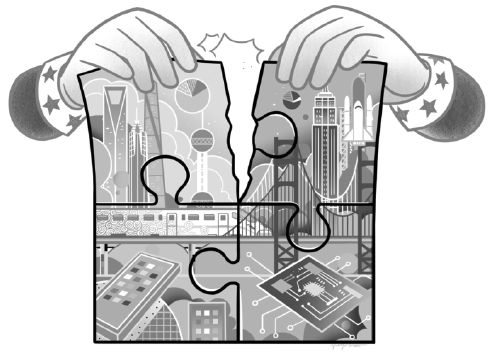
He Weiwen: US to suffer more if it decouples with China
The United States' stigmatization of and hostile actions toward China have, among other things, raised concerns that China might be isolated from the global supply chain and its economy decoupled from that of the US, especially in high-tech and trade.The US high-tech ban on China targets 5G technology, cyber communications, semiconductor chips and artificial intelligence, in a bid to prevent China from challenging the US' dominant role in world trade. Such measures, though they will cause difficulties for Huawei and other Chinese companies in the short term, will result in just the opposite in the long run.
2020-06-03 -
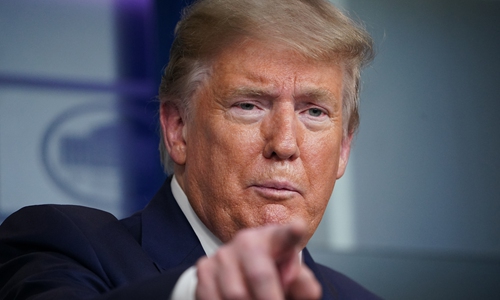
Wang Wen: How to measure Trump’s impact from Yiwu
When US President Donald Trump announced sanctions against Hong Kong and expelled some Chinese students last week, I was doing field research in Yiwu. Most of Trump's campaign souvenirs are made in this Eastern China city, which is also the world's biggest trading center of small commodities.
2020-06-02 -
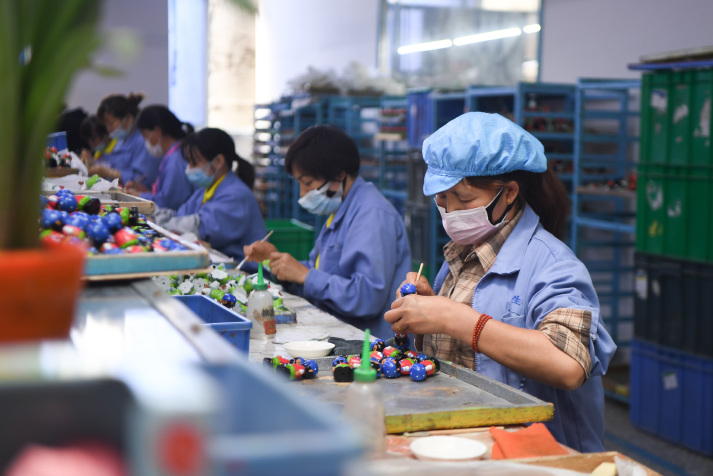
John Ross: The decisive role of poverty reduction in China's 2020 targets
The centrality of poverty reduction to China's state policy was once more strongly emphasized by the Report on the Work of the Government to this year's full session of the National People's Congress, China's top legislature. The novel coronavirus outbreak has evidently struck a heavy blow to the Chinese economy, and the pandemic's indirect international consequences are creating the greatest global economic downturn since the Great Depression, which will weigh negatively on China throughout this year. For this latter reason, as is well known, China took the unusual step of not setting an economic growth target for 2020. But the commitment to eliminating poverty was emphatically retained within the government's program.
2020-06-02 -
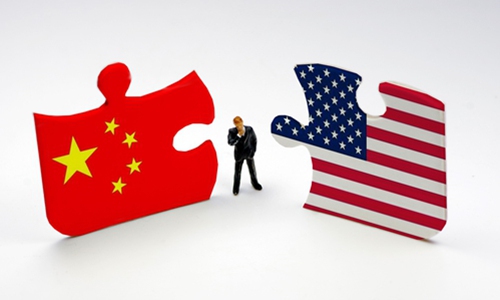
William Jones: Which way will the international winds blow after COVID-19 pandemic?
As President Trump announced that he will hold a G7 Summit at the White House in June, in the hope of bringing the world economy back into operation after the lockdown of a large amount of world production during the COVID-19 pandemic, he will no doubt also make a concerted effort to pull the large G7 countries behind his campaign of ostracizing China. And while the other major countries will probably come to Washington at Trump's invitation, it is far from clear that they will follow his lead in this ill-designed campaign.
2020-06-01 -
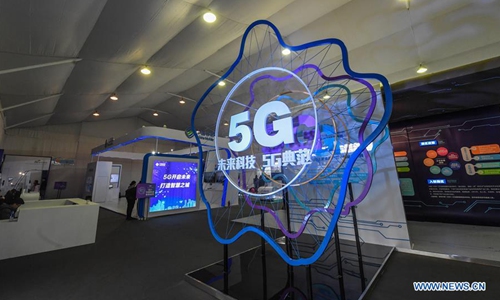
John Ross: Why the US is intensifying its attack on the UK over Huawei
The connections may not immediately seem evident between COVID-19, Brexit, and the new intensified drive by the US to try to force Britain to cut Huawei out of its 5G network. But they immediately become clear when the present economic, and therefore geopolitical, consequences of the US and UK governments' catastrophic errors in mishandling COVID-19 are understood.
2020-05-29 -
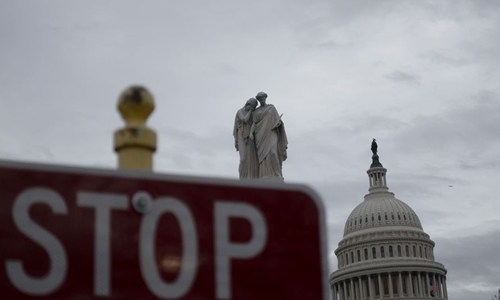
Zhao Minghao: 100,000-plus American COVID deaths, Trump’s art of the deal?
The US coronavirus death toll has officially surpassed 100,000. This is sad, but for US President Donald Trump, such a number is not shocking at all.
2020-05-29 -
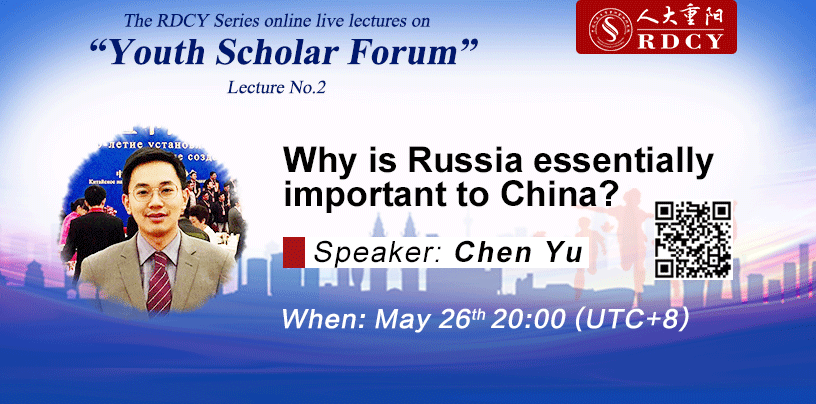
【2020-5-26】Chen Yu: Why is Russia essentially important to China?
RDCY Youth Scholar Forum No. 2: Why is Russia essentially important to China?
2020-05-26 -
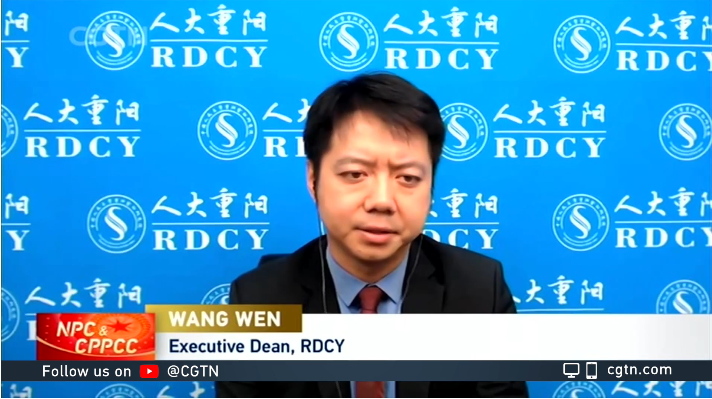
CGTN interview: The world after the COVID-19 pandemic
COVID-19 is without question the worst health crisis of the modern era. And the impact it has had on international relations so far has been mixed. How will the events of 2020 shape China's future ties with others in the post-pandemic era?
2020-05-26 -
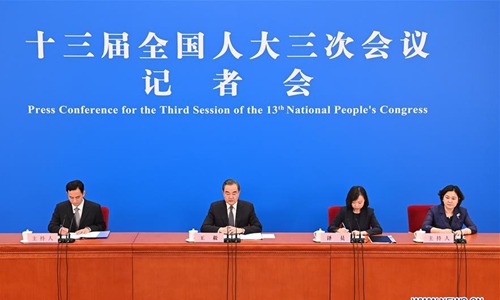
Chinese professors dismiss 'wolf diplomacy' theatrics
In the post-epidemic age, how will China cope with hot-spot issues such as China-US bilateral ties and the Taiwan question? How should we view the so-called wolf warrior style of diplomacy? Two Chinese experts shared their insights with the Global Times on these points.
2020-05-26 -
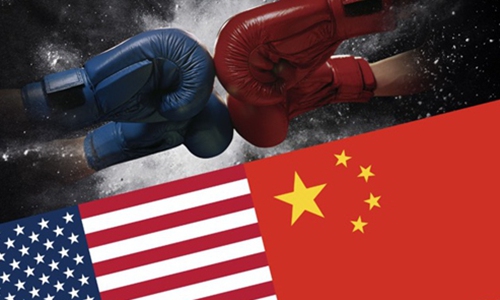
Wang Wen: US launches Scold War, not Cold War
On March 2, when fewer than 100 confirmed cases of COVID-19 hit this North American country, in my column, I predicted there would be "a large-scale coronavirus outbreak in the US." Recently my role flipped: While the majority felt pessimistic, I became an optimistic.
2020-05-25 -

William Jones: Friendly law will attract more investors
As the Ministry of Commerce noted recently, with the Chinese market further opening up to foreign investment, the commitment to fully implement the new Foreign Investment Law, enacted in January, will prove critical. Given the attempts of the United States president and other leaders to blame China for the US administration's lackadaisical response to the novel coronavirus pandemic, Washington will pressure American (and perhaps European) enterprises to "disinvest" from China for alleged "national security" reasons.
2020-05-25 -
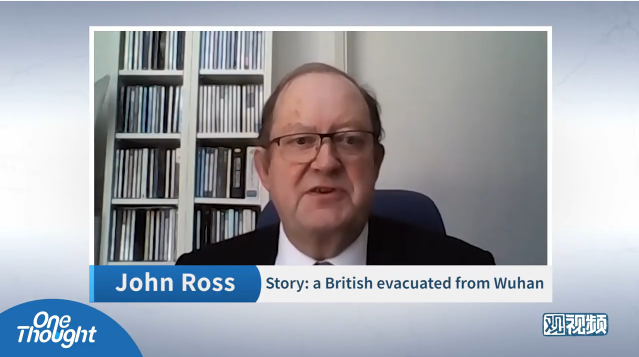
John Ross: "Wuhan Virus?", Massive Propaganda carried on by US against China
A Briton who was evacuated from Wuhan claimed that he regretted, that the situation in Wuhan, China is now way better than UK, USA and most of the countries. John Ross, Senior Fellow of Chiongyang Institute for Financial Studies at Renmin University of China, summarizes the statistics of infection and death toll around the world in this video.
2020-05-22 -
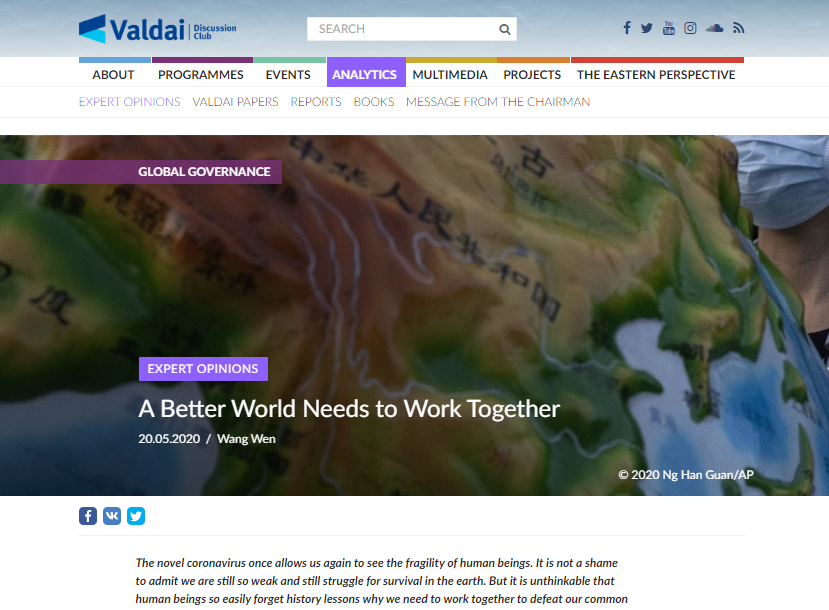
Wang Wen: A Better World Needs to Work Together
The novel coronavirus once allows us again to see the fragility of human beings. It is not a shame to admit we are still so weak and still struggle for survival in the earth. But it is unthinkable that human beings so easily forget history lessons why we need to work together to defeat our common threat, writes Wang Wen, Executive Dean of Chongyang Institute for Financial Studies (RDCY), Deputy Dean of Silk Road School, Renmin University of China.
2020-05-21 -

Experts cast doubts on US vaccine claim
Relations between the WHO and the US have soured after Trump accused the global health body of mismanaging the pandemic and for being "China-centric". Trump has also ordered US funding to the WHO to be halted. The moves have been widely viewed as a way of deflecting attention from the US government's poor handling of the pandemic at home.
2020-05-20 -
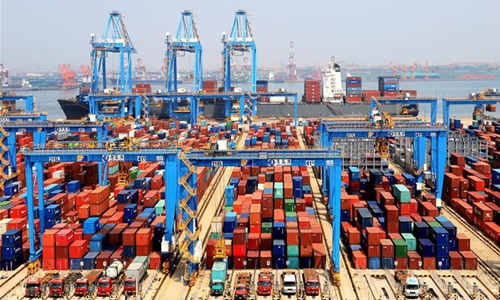
Possible change points to rising risks, offers room for policy maneuvers
One of the most closely watched aspects of China's two sessions each year is the release of the official target for GDP growth, a reliable indicator of where the world's second-largest economy is headed.
2020-05-20
























































































 京公网安备 11010802037854号
京公网安备 11010802037854号





